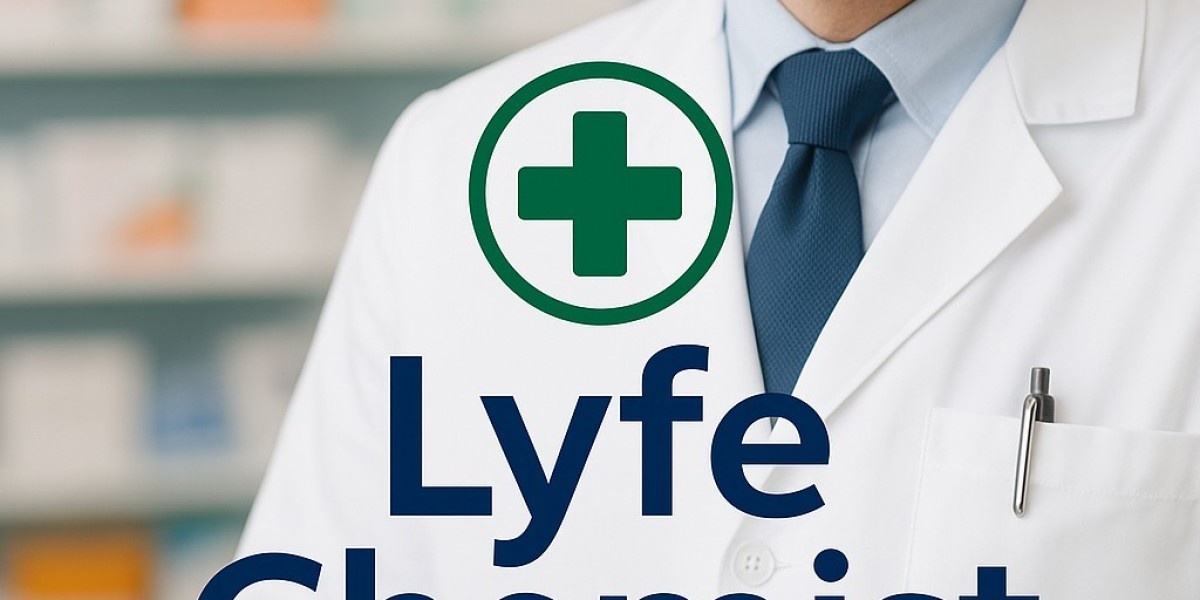Whether you’re dealing with anxiety, allergic reactions, or struggling to fall asleep before a medical procedure, Atarax 25 mg is often prescribed as a go-to solution. But how does it work, and can it be used safely with other medications like Tizanidine 2mg or topical treatments like Elidel Cream? Let’s explore.
Introduction to Atarax 25 mg
Atarax 25 mg contains the active ingredient hydroxyzine hydrochloride, which is classified as an antihistamine with sedative properties. It’s commonly used to treat anxiety, allergies, and itching. While it’s a strong medication, it’s generally considered safe when taken as prescribed.
How Atarax 25 mg Works
Mechanism of Action
Hydroxyzine works by blocking histamine receptors in the body. Histamines are chemicals responsible for allergic symptoms. By blocking these, Atarax helps calm the body.
Effects on the Nervous System
Beyond allergies, Atarax affects areas in the brain responsible for emotion and stress, making it useful for mild anxiety and inducing sedation.
Common Uses of Atarax 25 mg
Managing Anxiety and Tension
One of the main off-label uses of Atarax is for anxiety management. It’s often prescribed to people who can’t tolerate stronger drugs like benzodiazepines.
Relief from Allergic Reactions
From hay fever to skin rashes, Atarax is effective in treating itching, hives, and other allergic symptoms.
Sedation Before Surgery
Doctors also use Atarax 25 mg before surgeries to relax patients, often as part of pre-anesthesia.
How to Use Atarax 25 mg Safely
Dosage Guidelines
Typically, the dosage ranges between 25 mg to 100 mg per day, depending on the condition. Always follow your doctor’s instructions.
Timing and Frequency
It’s usually taken once or twice daily, with or without food. Taking it at the same time each day helps maintain consistent effects.
What to Avoid During Use
Alcohol (increases drowsiness)
Operating heavy machinery
Mixing with sedatives or muscle relaxants without medical advice
Atarax 25 mg vs Other Medications
Comparison with Tizanidine 2mg
Tizanidine 2mg is a muscle relaxant used to treat spasticity. While both drugs have sedative properties, their applications are different.
Use in Muscle Spasms vs Anxiety
Atarax is ideal for anxiety and itching.
Tizanidine is effective for muscle spasms and nerve pain.
Taking both together should only be done under medical supervision to avoid excess sedation.
Can You Use Atarax with Elidel Cream?
Elidel Cream (pimecrolimus) is a topical treatment for eczema and skin inflammation. Since it works locally on the skin and Atarax works systemically, using both together is generally safe.
Skin Treatments and Antihistamines
If you’re treating eczema or itchy skin, a combo of Elidel Cream and Atarax 25 mg can provide relief both internally and externally.
Side Effects and Precautions
Common Side Effects of Atarax
Drowsiness
Dry mouth
Dizziness
Headache
Most side effects are mild and temporary.
Who Should Not Take It
Avoid if you:
Have a heart rhythm disorder
Are pregnant or breastfeeding (unless approved by a doctor)
Have a history of allergic reactions to hydroxyzine
Long-Term Use Considerations
While Atarax isn’t addictive, long-term use should be monitored to avoid dependency for anxiety or sleep.
Real-Life Experiences and Reviews
What Users Say About Atarax 25 mg
Many users report improved sleep, reduced itching, and decreased anxiety. However, some experience grogginess, especially in the morning.
Doctor Opinions and Recommendations
Doctors often prescribe Atarax as a first-line treatment before moving to stronger drugs. It’s considered a safe option for short-term relief.
Interactions with Other Medications
Mixing Atarax with Tizanidine 2mg or other CNS depressants should be done carefully. Always consult your physician.
Where to Buy Atarax 25 mg and Storage Tips
Prescription Requirements
In most countries, Atarax 25 mg requires a valid prescription. Be wary of online stores selling it without one.
Storing the Medication Properly
Store in a cool, dry place away from sunlight and out of reach of children.
Recognizing Authentic Products
Look for:
Manufacturer name
Expiry date
Sealed packaging
Avoid unmarked pills or questionable sellers.
Conclusion: Is Atarax 25 mg the Right Choice for You?
If you’re dealing with anxiety, allergies, or even preoperative stress, Atarax 25 mg can offer real relief. It’s versatile, effective, and relatively safe when used as directed. Whether you’re managing muscle pain with Tizanidine 2mg or treating eczema with Elidel Cream, Atarax can complement your treatment plan when used wisely.
FAQs
1. Can I take Atarax 25 mg with Tizanidine 2mg?
It’s possible, but they both cause drowsiness, so consult your doctor before combining them.
2. Does Atarax affect Elidel Cream?
No, they work in different ways and can be used together safely for skin conditions.
3. How quickly does Atarax 25 mg start working?
Usually within 30 to 60 minutes of taking a dose.
4. Is Atarax safe for children?
Yes, but only under strict pediatric supervision with correct dosing.
5. What’s the difference between Atarax and Xanax?
Xanax is a benzodiazepine with stronger effects and a higher risk of addiction. Atarax is a non-addictive antihistamine used for milder anxiety.







